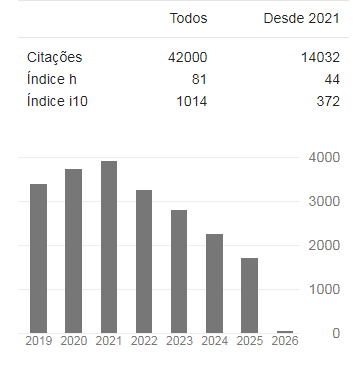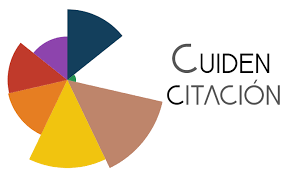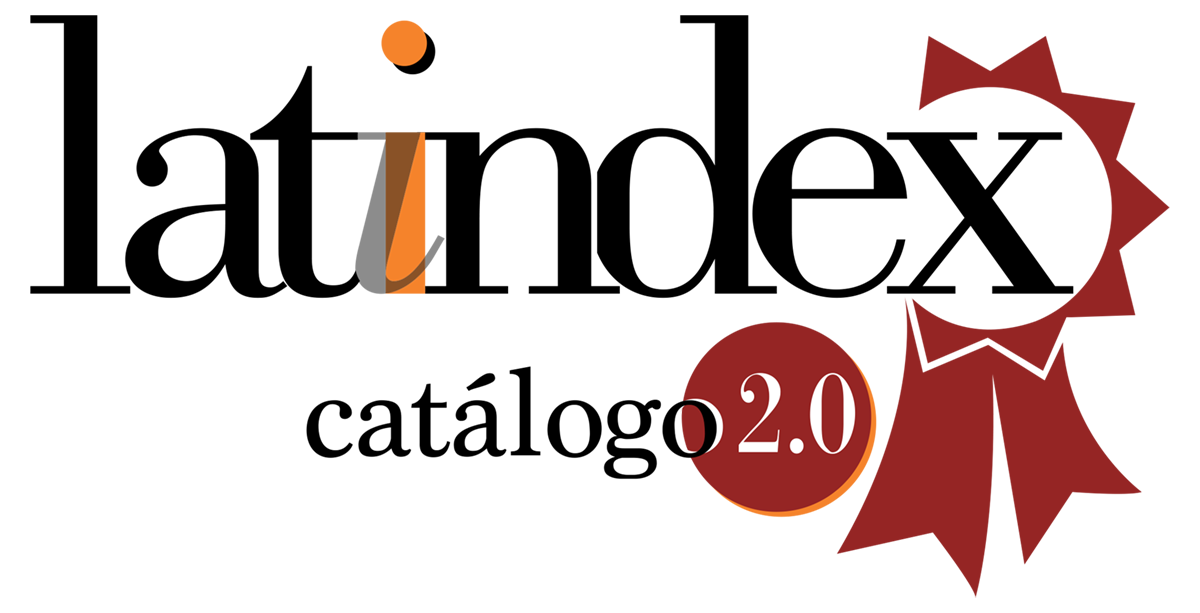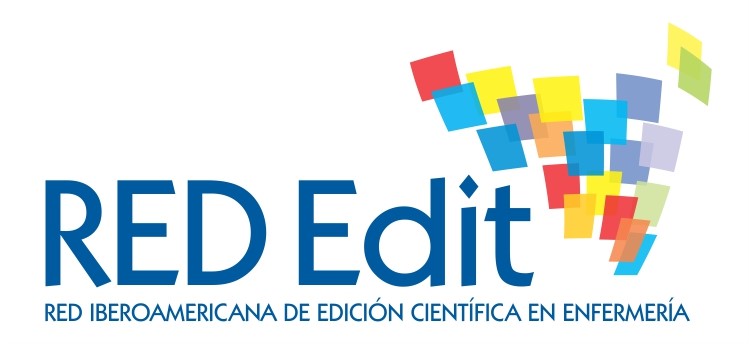Os sentidos da sobrevivência ao câncer:
da perda do autocontrole ao otimismo e esperança
DOI:
https://doi.org/10.5935/1415-2762.20190103Palavras-chave:
Sobrevivência, Sobreviventes de Câncer, Enfermagem Oncológica, Antropologia Médica, Pesquisa QualitativaResumo
Objetivo: interpretar os sentidos atribuídos à sobrevivência ao câncer entre adoecidos adultos e idosos. Método: estudo exploratório com abordagem qualitativa com método narrativo e referencial da antropologia médica. Participaram do estudo 14 indivíduos adultos e idosos que já haviam concluído o tratamento primário há pelo menos três meses em um hospital universitário e que tinham o diagnóstico de câncer urológico (bexiga, próstata, rim, testículo). Realizou-se entrevista semiestruturada no domicílio dos participantes no período de outubro de 2014 a novembro de 2015 e após transcrição foram analisados segundo análise temática indutiva. Resultados: após análise e interpretação dos dados obtiveram-se duas principais categorias - da perda do autocontrole e a incerteza da recorrência da doença à vigilância do corpo; e o segredo da sobrevivência ao câncer: o sentimento de otimismo e esperança. Conclusão: após interpretação dos sentidos ficou evidente que a sobrevivência ao câncer é um processo permeado por perda do autocontrole, incerteza, medo da recorrência, associado a multimorbidade e vigilância, mas que cedo ou tarde pode conduzir o sobrevivente do câncer a um crescimento pessoal, atribuindo mais valor à sua vida e sendo otimista.
Downloads
Referências
Miller KD, Siegel RL, Lin CC, Mariotto AB, Kramer JL, Rowland JH, et al. Cancer treatment and survivorship statistics, 2016. CA Cancer J Clin. 2016[citado em 2018 jan. 21];66(4):271-89. Disponível em: https://onlinelibrary.wiley.com/doi/full/10.3322/caac.21349
Thorne SE, Hislop TG, Kim-Sing C, Oglov V, Oliffe JL, Stajduhar KI. Changing communication needs and preferences across the cancer care trajectory: insights from the patient perspective. Support Care Cancer. 2014[citado em 2018 jan. 21];22(4):1009-15. Disponível em: https://link.springer.com/article/10.1007%2Fs00520-013-2056-4
Gomes IP, Lima KA, Rodrigues LV, Lima RAG, Collet N. Do dagnóstico à sobrevivência do câncer infantil: perspectiva de crianças. Texto Contexto Enferm. 2013[citado em 2018 jan. 21];22(3):671-9. Disponível em: http://www.scielo.br/pdf/tce/v22n3/v22n3a13.pdf
Jacob LA, Shulman LN. Follow-up care of cancer survivors: challenges and survivors. Lancet Oncol. 2017[citado em 2018 jan. 21];18(1):e19-29. Disponível em: https://linkinghub.elsevier.com/retrieve/pii/S1470-2045(16)30386-2
Rowland JH, O'Mara A. Survivorship care planning: unique opportunity to champion integrative oncology? J Natl Cancer Inst Monogr. 2014[citado em 2018 jan. 21];(50):285. Disponível em: https://academic.oup.com/jncimono/articleabstract/2014/50/285/913200?redirectedFrom=fulltext
Zebrack B. A patient-centered perspective on cancer survivorship. J Pers Med. 2015[citado em 2018 jan. 21];5(2):91-5. Disponível em: http://www.mdpi.com/2075-4426/5/2/91
Truant TL, Kohli JK, Stephens JML. Response to "rethinking assumptions about cancer survivorship": a nursing disciplinary perspective. Can Oncol Nurs J. 2014[citado em 2018 jan. 21];24(3):169-73. Disponível em: https://www.researchgate.net/publication/265392067_Response_to_Rethinking_Assumptions_about_Cancer_Survivorship_A_nursing_disciplinary_perspective
Helman CG. Culture, health and illness. Oxford: Holdder Arnold; 2009.
Minayo MCS. Qualitative analysis: theory, steps and reliability. Ciênc Saúde Colet. 2012[citado em 2018 jan. 21];17(3):621-6. Disponível em: http://www.scielo.br/pdf/csc/v17n3/en_v17n3a07.pdf
Squire C. From experience - centred to socioculturally oriented approaches to narrative. In: Andrews M, Squire C, Tamboukon M. Doing narrative research. 2nd ed. Los Angeles: Sage Publications; 2013. p. 47-71.
Braun V, Clarke V. Using thematic analysis in psychology. Qual Res Psychol. 2006[citado em 2018 jan. 21];3(2):77-101. Disponível em: http://eprints.uwe.ac.uk/11735/2/thematic_analysis_revised
Noble H, Smith J. Issues of validity and reliability in qualitative research. Evid Based Nurs. 2015[citado em 2017 set. 23];8(2):34-5. Disponível em: https://ebn.bmj.com/content/18/2/34.long
Geller BM, Vacek PM, Flynn BS, Lord K, Cranmer D. What are cancer survivors' needs and how well are they being met? J Fam Pract. 2014[citado em 2017 set. 23];63(10):7-16. Disponível em: https://www.mdedge.com/familymedicine/article/87617/oncology/what-are-cancer-survivors-needs-and-how-well-are-they-being
Ambrosio L, Garcia JMS, Fernandez MR, Bravo SA, Ayesa SDC, Sesma MEU, et al. Living with chronic illness in adults: a concept analysis. J Clin Nurs. 2015[citado em 2017 set. 23];24(17-18):2357-67. Disponível em: https://onlinelibrary.wiley.com/doi/full/10.1111/jocn.12827
Reeve J, Lloyd-Williams M, Payne S, Dowrick C. Revisiting biographical disruption: exploring individual embodied illness experience in people with terminal cancer. Health (London). 2010[citado em 2017 set. 23];14(2):178-95. Disponível em: https://doi.org/10.1177/1363459309353298
Gibson AF, D'Cruz L, Janda M, Beesley VL, Neale RE, Rowlands IJ. Beyond Survivorship? A discursive analysis of how people with pancreatic cancer negotiate identity transitions in their health. J Health Psychol. 2016[citado em 2017 set. 23];21(12):3060-71. Disponível em: https://doi.org/10.1177/1359105315592050
Ellegaard MB, Grau C, Zachariae R, Jensen BA. Fear of cancer recurrence and unmet needs among breast cancer survivors in the first five years. A cross-sectional study. Acta Oncol. 2017[citado em 2017 set. 23];56(2):314-20. Disponível em: www.tandfonline.com/doi/pdf/10.1080/0284186X.2016.1268714?
Koch-Gallenkamp L, Bertram H, Eberle A, Holleczek B, Schmid-Hopfner S, Waldmann A, et al. Fear of recurrence in long-term cancer survivors-Do cancer type, sex, time since diagnosis, and social support matter? Health Psychol. 2016[citado em 2017 set. 23];35(12):1329-33. Disponível em: https://psycnet.apa.org/doi/10.1037/hea0000374
Lerner K, Vaz P. "My story of overcoming": suffering, testimony and therapeutic practices in cancer narratives. Interface Comun Saúde Educ. 2017[citado em 2017 set. 23];21(61):153-63. Disponível em: http://www.scielo.br/pdf/icse/v21n60/1807-5762-icse-1807-576220150822.pdf
Taplin S. 'Living to tell the tale' narratives of surviving cancer and the social work response. J Social Work Pract. 2016[citado em 2018 fev. 22];30(2):155-68. Disponível em: https://www.tandfonline.com/doi/abs/10.1080/02650533.2016.1168380
Document PI, Trauth JM, Key M, Flatt J, Jernigan J. Breast cancer survivors' perception of survivorship. Oncol Nurs Forum. 2012[citado em 2017 set. 23];39(3):309-15. Disponível em: http://dx.doi.org/10.1188/12. ONF.309-315
Tedeschi RG, Calhoun LG. Posttraumatic growth: conceptual foundations and empirical evidence. Psychol Inq. 2004[citado em 2018 fev. 22];15(1):1-18. Disponível em: http://psycnet.apa.org/record/2004-11807-003
Casellas-Grau A, Ochoa C, Ruini C. Psychological and clinical correlates of posttraumatic growth in cancer: a systematic and critical review. Psychooncol. 2017[citado em 2018 fev. 22];26(12):2007-18. Disponível em: http://dx.doi.org/10.1002/pon.4426
Sim BY, Lee YW, Kim H, Kim SH. Post-traumatic growth in stomach cancer survivors: Prevalence, correlates and relationship with health-related quality of life. Eur J Oncol Nurs. 2015[citado em 2018 fev. 22];19(3):230-6. Disponível em: https://www.ejoncologynursing.com/article/S1462-3889(14)00196-3/fulltext
Melton LM. If I don't laugh, I'll cry: exploring humor coping in breast cancer. J Psychosoc Oncol. 2016[citado em 2018 fev. 22];34(6):530-41. Disponível em: http://dx.doi.org/10.1080/07347332.2016.1233926
Lopes M, Castanheira LN, Zago MMF. Paradox of life among survivors of bladder cancer and treatments. Rev Esc Enferm USP. 2016[citado em 2017 set. 23];50(2):222-9. Disponível em: http://www.scielo.br/pdf/reeusp/v50n2/0080-6234-reeusp-50-02-0224.pdf
Downloads
Publicado
Edição
Seção
Licença
Copyright (c) 2020 Reme: Revista Mineira de Enfermagem

Este trabalho está licenciado sob uma licença Creative Commons Attribution 4.0 International License.





































